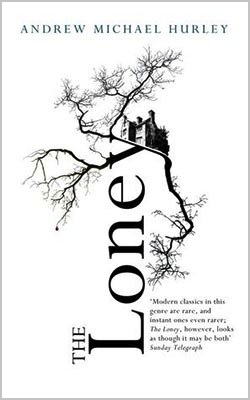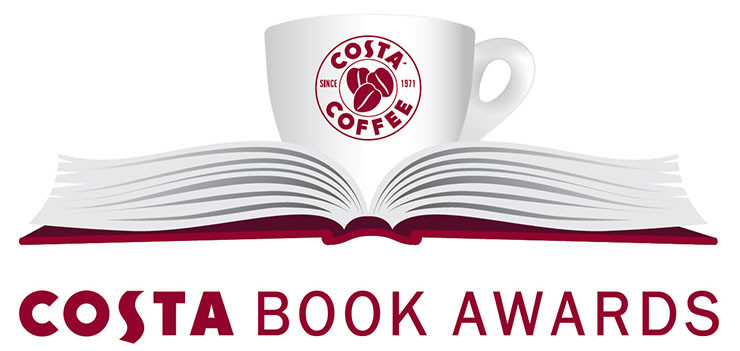Not even a week into 2016, the announcement of the category winners of the 2015 Costa Book Awards has set the scene for what already seems a markedly more appealing awards season than last year’s.
“The only major UK book prize […] open solely to authors resident in the UK and Ireland” picked “the most enjoyable books” published in 2015 from five categories, a fair few of which featured fiction of substantial speculative interest…
In the first, Frances Hardinge edged out Hayley Long, Sally Nicholls and Andrew Norris to take the Costa Children’s Book Award for The Lie Tree, a “dark, sprawling [and] fiercely clever” fantasy founded on a premise that seems to me like Joe Hill’s Horns on its head: a mysterious tree that eats lies and fruits truth.
 Equally relevant to readers like you and me, if I may, was the winner of the Costa First Novel Award: Andrew Michael Hurley for The Loney—a graceful, folklore-based fable about an unknowably nightmarish landscape:
Equally relevant to readers like you and me, if I may, was the winner of the Costa First Novel Award: Andrew Michael Hurley for The Loney—a graceful, folklore-based fable about an unknowably nightmarish landscape:
It changed with each influx and retreat, and the neap tides would reveal the skeletons of those who thought they could escape its insidious currents. No one ever went near the water. No one apart from us, that is. I suppose I always knew that what happened there wouldn’t stay hidden forever, no matter how much I wanted it to. No matter how hard I tried to forget…
Fascinatingly, only a few copies of The Loney were produced as part of its first print run, though the visibility of Hurley’s darkling debut has increased exponentially since Tartarus Press released the rights to another publisher: in the months since John Murray took on the book, The Loney has been described as “an amazing piece of fiction” by none other than Stephen King and shortlisted for the inaugural James Herbert Award for Horror.
Which brings me to the last of the five category winners of potential interest to genre fiction fans:
Kate Atkinson’s last novel, Life After Life, explored the possibility of infinite chances, as Ursula Todd lived through the turbulent events of the last century again and again. In A God in Ruins, Atkinson turns her focus on Ursula’s beloved younger brother Teddy—would-be poet, RAF bomber pilot, husband and father—as he navigates the perils and progress of the 20th century. Spanning back and forth across his lifetime, Teddy’s story offers not the dizzying concept of multiple possibilities but the painful reality of a life quietly lived.
This is a book I’ve been meaning to read ever since its initial announcement, not least because Life After Life was without question one of the best new releases of 2013. Alas, a run of rather run-of-the-mill reviews of A God in Ruins rather ruined this so-called “companion piece” for me… but perhaps enough time has passed.
Among the other authors recognised this week were Scottish poet Don Patterson for 40 Sonnets and Andrea Wulf for his biography of “the visionary German naturalist […] whose ideas changed the way we see the natural world,” namely The Invention of Nature: The Adventures of Alexander Von Humboldt, The Lost Hero of Science.
It remains to be seen which of the five category champions will win the overall 2015 Costa Book of the Year Prize—to be announced at a ceremony held in London later this month—but the bookies are betting big on Kate Atkinson. My imaginary money’s on Frances Hardinge, however.
Who do you want to win?
Niall Alexander is an extra-curricular English teacher who reads and writes about all things weird and wonderful for The Speculative Scotsman, Strange Horizons, and Tor.com. He lives with about a bazillion books, his better half and a certain sleekit wee beastie in the central belt of bonnie Scotland.










